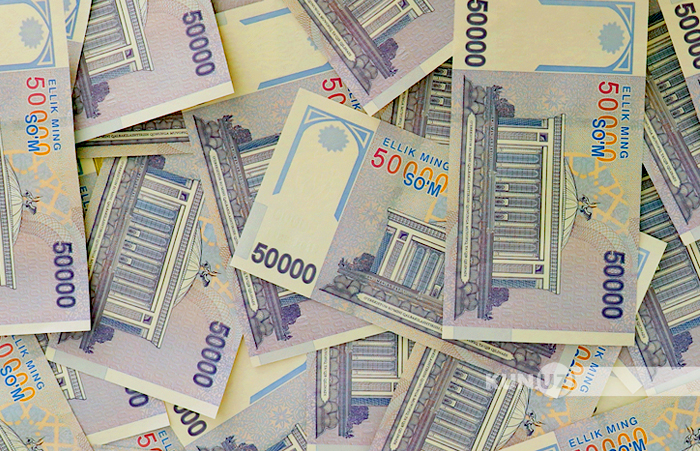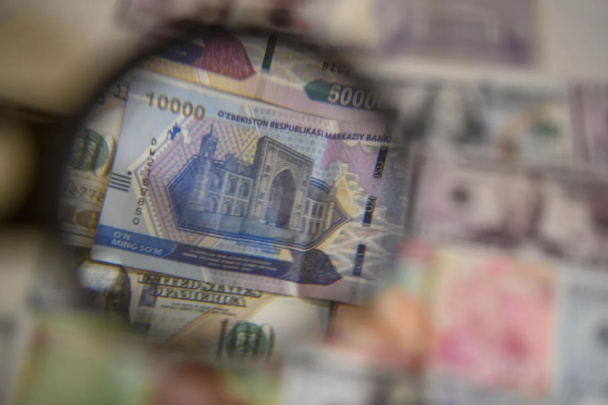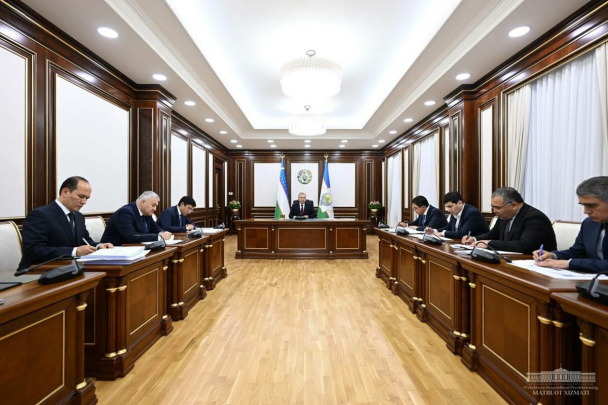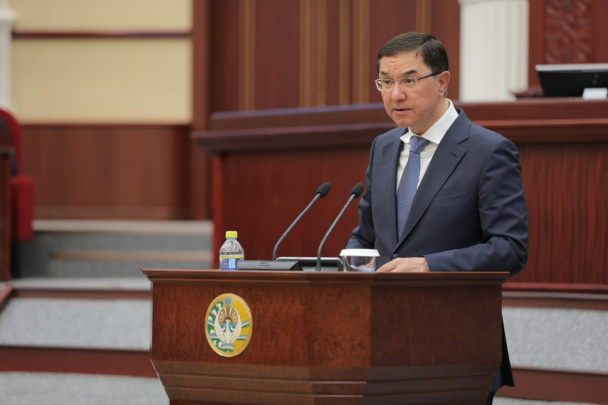The Central Bank will theoretically be able to maintain the exchange rate of the soum, but in the future it may further harm the national currency and economy, the CB head Mamarizo Nurmuratov said.
According to him, the floating exchange rate of the soum is “an objective economic necessity”.
“Theoretically, the Central Bank to some extent can maintain exchange rate stability. But such an approach can adversely affect economic relations in the country where market relations are formed. This can lead to even greater losses or greater depreciation of the exchange rate,” Nurmuratov explained.
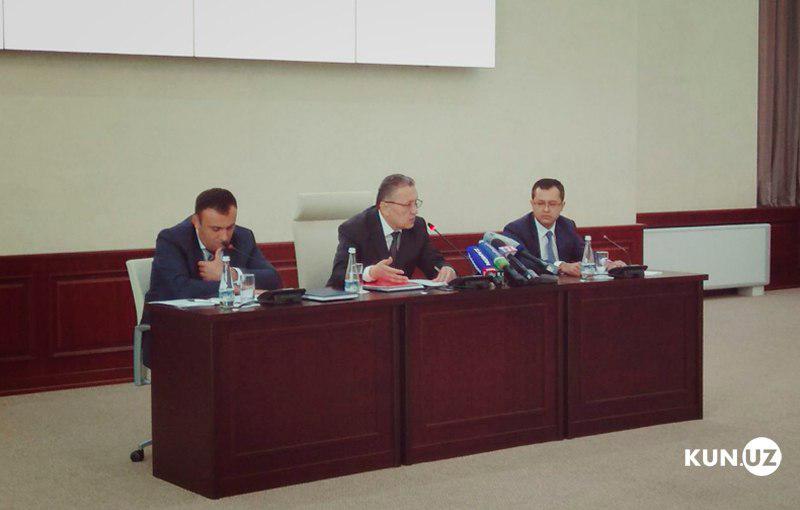
On Tuesday, the Central Bank announced the cancellation of 0.5% of restrictions on exchange rate fluctuations in interbank trading sessions.
“This decision, first of all, is aimed at ensuring the free formation of the currency rate in exchange trading, which is based on supply and demand. In other words, the current mechanism for the formation of the exchange rate, that is, the daily 0.5% restrictions, do not correspond to the economic interests of the sellers of foreign exchange funds,” the head of the Central Bank said.
He emphasized that the regulator seeks to be present in the domestic foreign exchange market without affecting the formation of the exchange rate based on market principles. “The rate is always determined by the market. With active intervention, the Central Bank will upset the market balance, which could lead to negative consequences,” Nurmuratov added.

